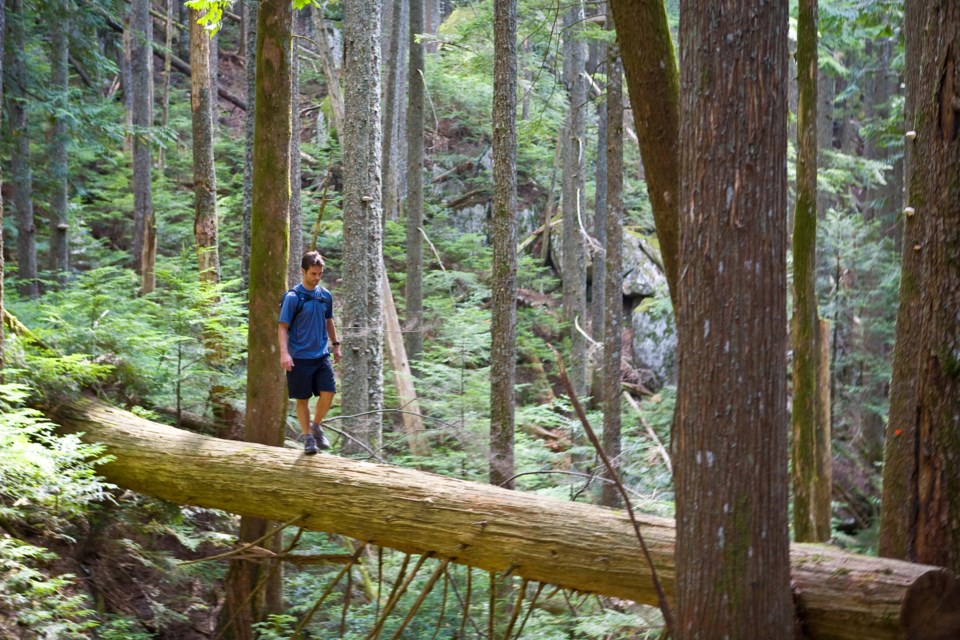Squamish's tourism sector is enjoying a healthy rebound from the prolonged downturn during the pandemic, according to .
"2023 is on track to match or surpass 2022," said Tourism Squamish's Lesley Weeks, who said 2022 had been a strong year across all metrics.
"While 2023 occupancy is slightly lower than 2022, rates and revenue are up."
Across Canada, the tourism sector has seen patchy recovery, but Weeks said that Squamish's location had shielded it from the worst of a slow recovery thanks to resident support for local businesses and proximity to Vancouver.
"[Squamish], therefore, managed to get closer to pre-pandemic levels sooner than some other communities," she said.
Support was strong from locals and in the region, but the number of international visitors has yet to recover—a trend that has been seen across Canada in 2023.
Sea to Sky Gondola
This recovery was also experienced by the—a major attraction in Squamish.
"We were very heavily local and regional, and as tourism in the province has started to rebound with flights and cruise ships, we have started to see other markets returning," said Sea to Sky Gondola director of sales, marketing and guest services, Christy Allan.
But, the recovery isn't quite complete.
"We are still seeing a lot of visitation from the Lower Mainland, from the regional market, from Ontario, and we're beginning to see Europe, Australia, New Zealand and those markets return.
"What we're really seeing is a lot of people in the regional market are bringing friends with them who are travelling."
The Gondola had a particularly good season in 2023 because of good weather, and Allan said they were looking to winter to see if those numbers continued to move in the right direction.
"Are we going to continue to see recovery is the big question for us."
Federal perspective
The Squamish Chief also had the opportunity to talk tourism with local MP Patrick Weiler, who sits as co-chair of the all-party parliamentary tourism caucus in Ottawa.
He said that the sector overall had seen an "uneven rebound" in Canada.
"In a lot of urban areas, there has been a strong rebound; in rural areas, it has been very challenging, particularly this year with the record wildfires we've had," he said.
This year has been a record-breaker for wildfires in Canada, with every province affected.
"It caused a big impact when this was our first full year when we haven't been dealing with the effects of COVID," said Weiler.
Weiler said that Canada had big plans for tourism growth going forward, with the government having released itsearlier this year, which lays out five pillars for the sector and has a target of increasing tourism's input to Canada's GDP by 40% by 2030, to $61 billion.
"That's going to mean a lot for the Sea to Sky region," said Weiler, who noted the importance of tourism across the entire riding.
Weeks said that those plans would have significant implications for Squamish, which already operates as a heavily tourism-focused economy.
"The potential impact on Squamish involves a need for careful consideration, strategic planning and a balanced approach," she said, adding that Tourism Squamish was working with the District of Squamish to fund a Tourism Masterplan project in 2024-2025.
"Efforts to achieve this balance would likely involve comprehensive destination management strategies including sustainable tourism practices, responsible recreation, infrastructure development to accommodate the influx of visitors, and community engagement initiatives."
Community involvement and consultation will be integral to ensuring that the growing sector aligns with the values of the community, she said.
"Striking a balance between economic growth and preserving the local environment, culture, and quality of life is crucial."
